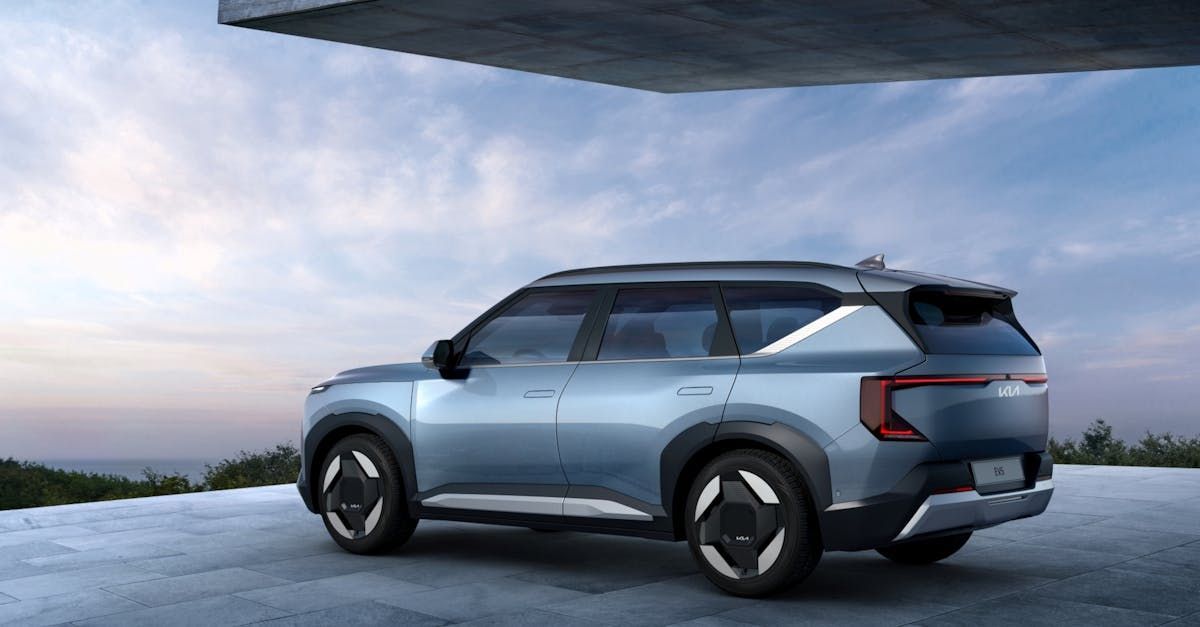Range Anxiety and Electric Vehicles. How far do they go?
exploring the range of electric vehicles

Electric vehicles (EVs) have emerged as a promising solution to reduce emissions and dependency on fossil fuels. One of the key considerations for potential buyers is the driving range of EVs. In this blog post, we delve into the factors that influence the range of EVs and explore how far they can go on a single charge.
Understanding EV Range
The range of an EV refers to the distance it can travel on a single charge before needing to be recharged. Several factors influence the range of an electric vehicle, including:
1. Battery Capacity: The capacity of the vehicle's battery pack is a primary determinant of its range. Generally, EVs with larger battery packs can travel farther on a single charge compared to those with smaller packs. A Tesla Cybertruck can travel further on a charge than a Nissan Leaf, for example.
2. Driving Habits: How you drive significantly impacts the range of your EV. Aggressive acceleration, high speeds, and frequent braking can reduce efficiency and shorten the distance you can travel on a charge.
3. Weather Conditions: Extreme temperatures, whether hot or cold, can affect battery performance. Cold weather, in particular, can decrease range due to increased energy consumption for heating the cabin and battery.
4. Terrain: Driving uphill or on rough terrain requires more energy, which can reduce the overall range of the vehicle.
5. Vehicle Efficiency: The efficiency of the electric drivetrain and other components, such as aerodynamics, tires, and regenerative braking systems, also play a role in determining the range of an EV.
Range Variability Among EVs
The range of electric vehicles varies widely depending on the make, model, and battery size. As of 2024, EVs are continuously improving in terms of range as battery technology advances.
- Short-Range EVs: Some compact EVs are designed for urban commuting and offer ranges of around 100 to 150 miles on a single charge. These vehicles are ideal for daily commuting and short trips.
- Mid-Range EVs: Many mainstream EVs offer ranges between 200 to 300 miles, making them suitable for longer trips and providing more flexibility for drivers.
- Long-Range EVs: Premium electric vehicles and some newer models boast ranges exceeding 300 miles on a single charge and some beyond 500 miles. These vehicles are ideal for drivers who frequently travel long distances and require fewer charging stops.
Overcoming Range Anxiety
Range anxiety, the fear of running out of charge before reaching your destination, is a common concern among EV owners and potential buyers. However, advancements in charging infrastructure and battery technology are alleviating these concerns.
- Charging Infrastructure: The growing network of public charging stations, including fast chargers, enables EV drivers to recharge their vehicles conveniently during long trips. Additionally, advancements in charging technology are reducing charging times, making it more convenient to top up the battery.
- Battery Technology: Ongoing research and development in battery technology are leading to improvements in energy density, charging speed, and overall battery performance. As battery technology continues to evolve, future EVs are expected to offer even greater range and efficiency.
- Solar panel technology at home or work: For many homeowners in places like California (with a solar system on Net Energy Metering 3.0), feeding your excess solar energy to the grid in 2024 produces a negligible amount of credit on a homeowner's bill. Instead of sending this excess solar power to the grid, charging the car during the daylight hours when the EV is parked in the garage may make a lot of sense for the average homeowner.
Conclusion
The range of electric vehicles continues to improve, offering drivers greater flexibility and reducing reliance on fossil fuels. Factors such as battery capacity, driving habits, weather conditions, terrain, and vehicle efficiency all influence the range of an EV. With advancements in charging infrastructure and battery technology, range anxiety is becoming less of a concern, making EVs a viable option for an increasing number of drivers. As the automotive industry transitions towards electrification, we can expect to see even greater advancements in EV range and performance in the years to come. If you have any questions about EVs, their batteries, how to charge them and the range of how far they can go, feel free to contact the experts here at Cosmic Solar and Roofing at (760) 749-1111. We're here to help!


